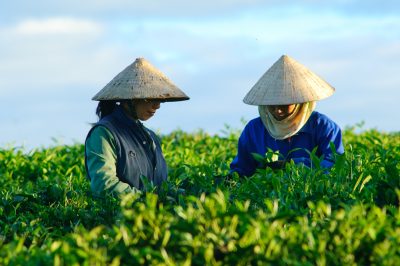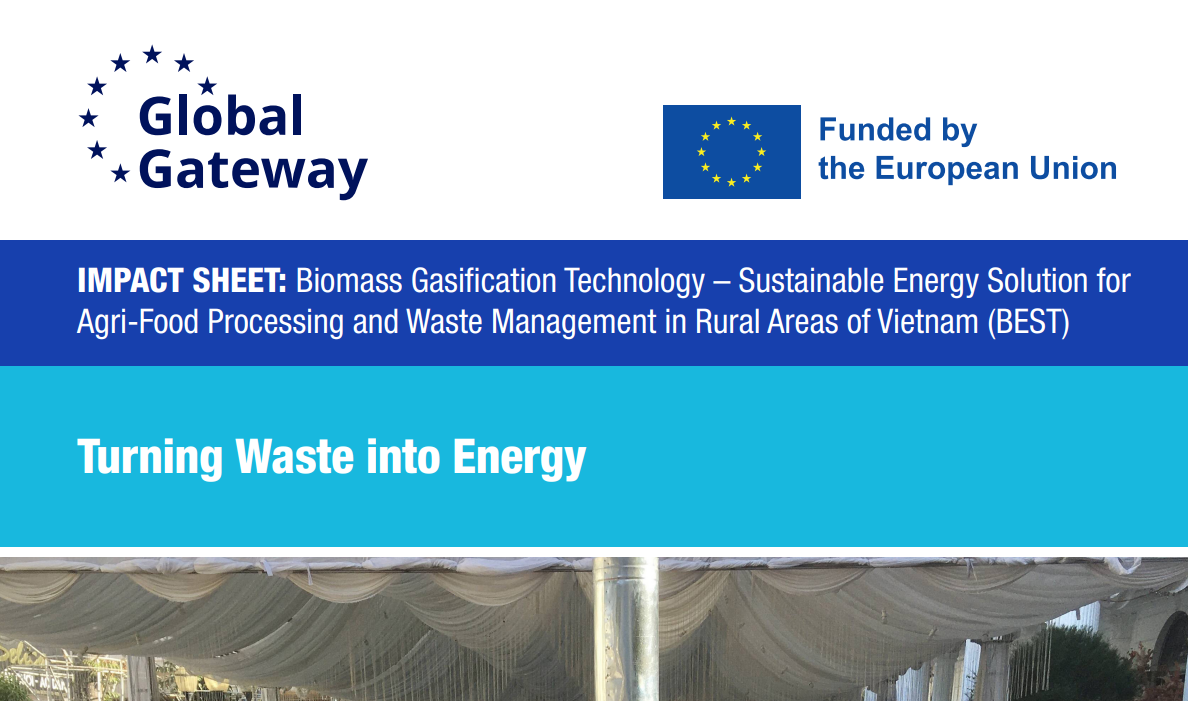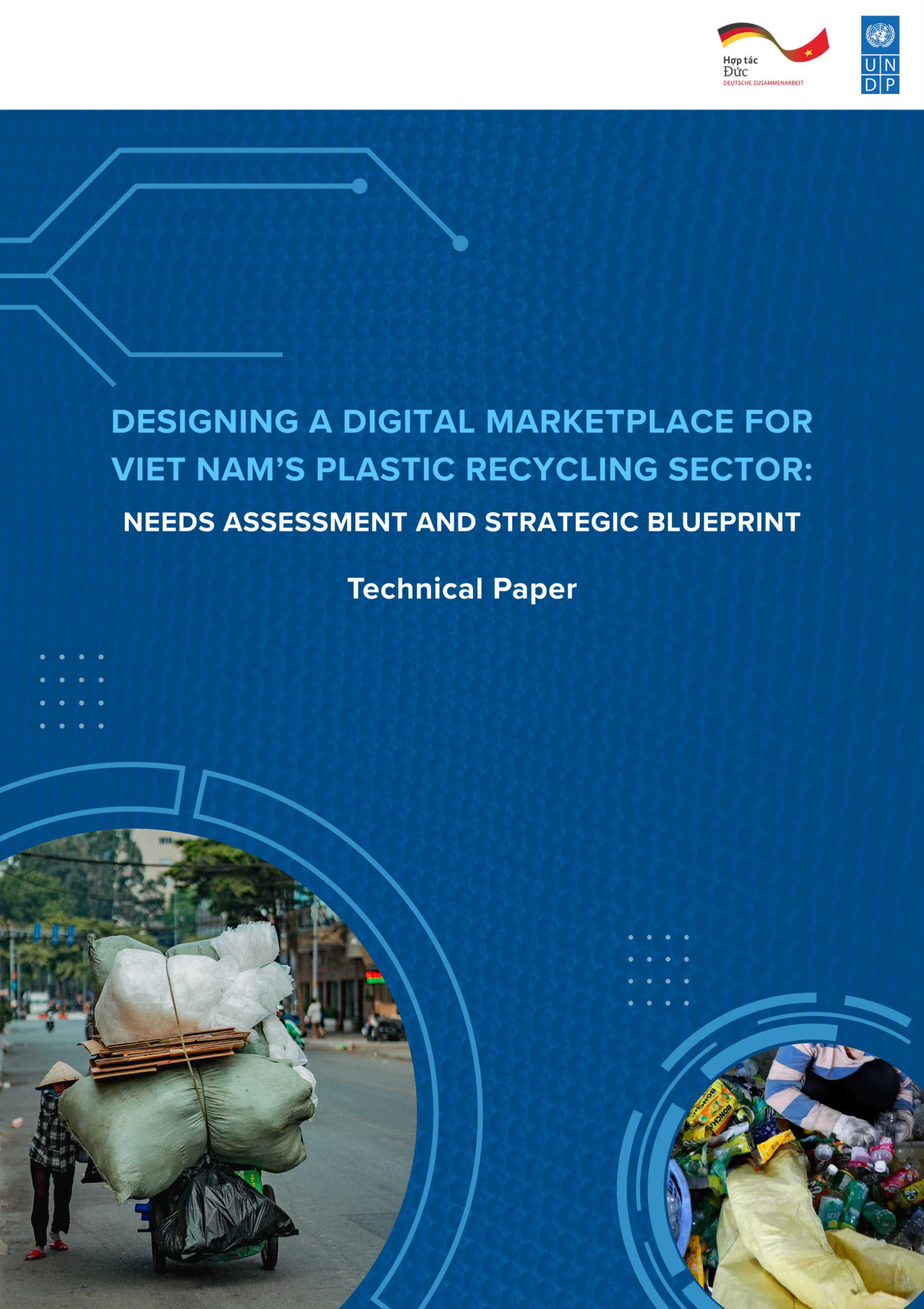Farm to Farm Business Model on Rice Straw Compost
By transforming rice straw into compost, this approach not only tackles waste management but also introduces a sustainable income source for cooperatives, aligning with the principles of profitability and environmental responsibility. The success of such a venture not only contributes to the local economy but also showcases a profitable and sustainable model towards the efficient utilization of rice straw by-products in the broader context of green innovations within the agriculture and food sector in Viet Nam.
From 2020 to 2023, GIC Viet Nam, in collaboration with the International Rice Research Institute, have been actively fostering innovation within the rice straw value chain in Viet Nam. A key outcome is the successful promotion of rice straw management among local stakeholders, particularly cooperatives as well as small and medium enterprises. Departing from traditional, linear agro input business models (mother dealers – retailers – farmers/end users), GIC Viet Nam supported the development of an innovative business model for rice straw compost at the cooperative level.
This model not only addresses rice straw management but positions cooperatives as key compost producers. It aims to horizontally expand (mother dealers – retailers 1, 2, 3 – farmers/end users) into other agriculture sectors like high-demand fruits and vegetables across the six project provinces in the Mekong Delta. This approach signifies a shift from traditional models, showcasing the potential for cooperative-level initiatives to drive positive changes in Viet Nam’s agriculture.














